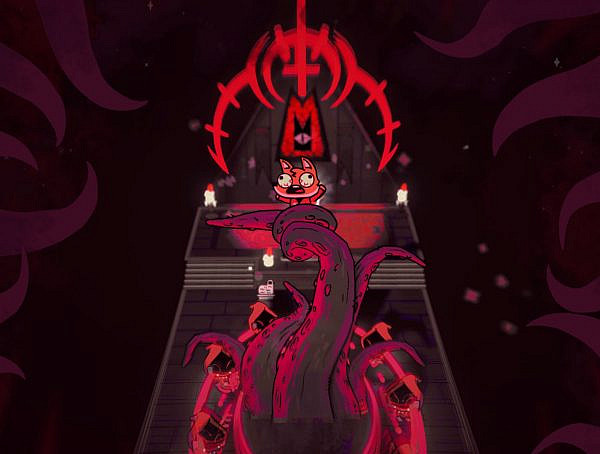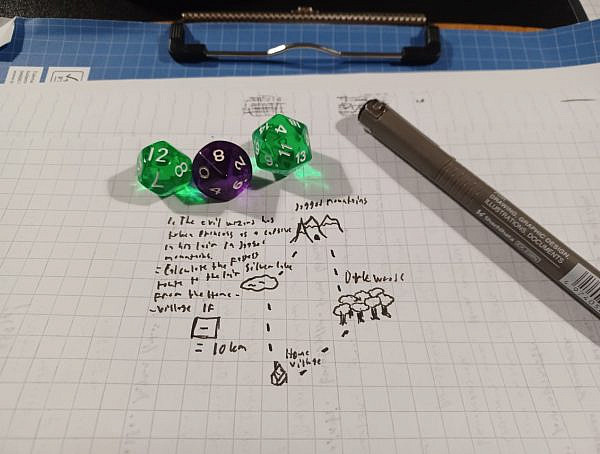Why do people like games? A simple answer is that they are fun. This idea seems to be widely accepted. However, unlike concepts such as Play or games themselves, there seems to be less research on fun, especially from a sociological perspective. Game designers are trying to design games to be more fun. However, many designers also realize that fun is a very complex concept and is not even the best term to understand games and how they work.
Authors of Just Fun and Games? A Sociological Consideration of Fun in Video Games. Games and Culture cited previous research and mentioned the research of Sharp and Thomas. He mentioned three characteristics of fun. The first is an externality. When entering the game, we put aside the expectations of utility and efficiency. The second is that the game form has its own set of rules. When we enter the game, we put aside certain social and cultural issues. The third is that fun is ambiguous and semi-real. In the play, harmless bites are used instead of more aggressive bites.
Authors also mentioned that the view of leisure has changed in the post-war world. Previously, leisure (especially sports) was seen as a means to regulate body and soul, rather than simply enjoying fun. Now, people are eager to have fun and want to be seen by the public as having a lot of fun. This leads to an interesting change in modern society, work is becoming more and more like games, and games are becoming more and more like work. Neoliberalism packages the idea that we are all trying to become who we are meant to be, to be whole and happy. Failure to achieve this, not being happy and having fun at work, is a personal failure. The gamification of work can be understood as a specific thing proposed by marketing gurus and designers, and gamification can be understood as a tool to achieve specific social outcomes.
Games are becoming more and more like work in the sense that they replicate key aspects of the workplace, such as toil and career development, and players are rewarded for progress and achievement by completing repetitive tasks. This is true for role-playing games (such as the Elder Scrolls series), turn-based games (such as Final Fantasy), and building and sandbox games (such as SimCity). The idea of perpetual growth underpins much of our society.
SimCity: Infinitely Growing Urban Landscape
The obvious difference between games and reality is that video games give us a greater sense of control and fairness. Video games often have clear goals and simple quantification, with objective input and reward structures, and players know that their actions will lead to certain results. So video games provide us with a clear sense of achievement, reward, and progress, which are increasingly difficult to achieve in reality. Video games provide us with a distorted, rationalized version of the world. It provides us with an attractive fantasy, a world where hard work brings direct rewards. Games may partly replace society to train players to value the value of hard work being rewarded.
Candy Crush Saga
Another analytical angle is distraction. The goal of game developers is not to make fun games but exciting and stimulating games, that is, games that attract our attention and distract us from other things, such as Candy Crush Saga. Distraction seems to have two functions. One is to divert our attention from work or a bad environment, and the second is that this distraction reinforces the seriousness of other areas of social life.
Video games are not always fun. Gamers may fail repeatedly and continue to play games. Players see failure as an inevitable part of the road to success and fun. Or seek to subvert the norms of games, such as repeatedly driving cars into sand pits in Mario Kart for fun.
In summary, a sociological consideration of fun in video games provides game designers and scholars with a deeper understanding of player engagement and the broader implications of their work. It is therefore hoped that this discussion could inspire greater innovation, inclusivity, and social responsibility among game design practices, which could contribute to the enrichment of the gaming landscape.
Crawford, G., & Brock, T. (2024). Just Fun and Games? A Sociological Consideration of Fun in Video Games. Games and Culture, 0(0). https://doi.org/10.1177/15554120241254876
Pictures: From Google Play
I am a fan of all kinds of games, especially resource management, survival and construction games, and grand strategy games.
You might also like
More from Game Research Highlights
How do you want to do this? – A look into the therapeutic uses of role-playing games
Can playing RPGs contribute positively to your wellbeing? A recent study aims to find out how RPGs are being used …
Eldritch horrors and tentacles – Defining what “Lovecraftian” is in games
H.P. Lovecrafts legacy lives today in the shared world of Cthulhu Mythos and its iconic monsters. Prema Arasu defines the …
Positive Impacts of Game Jams: Finding Hope By Making Games
Game jams are a fun way to develop games as a hobby, but maybe there could be serious positive impacts …

















